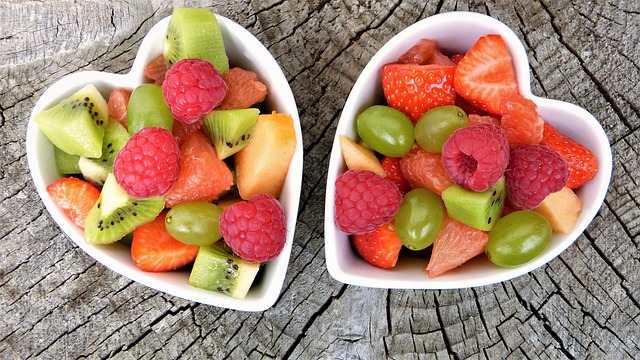Beyond Yogurt: Exploring Alternative Sources of Probiotics
Probiotics have gained popularity in recent years due to their numerous health benefits. Many people associate probiotics
with yogurt, as it is a widely-known source of these beneficial bacteria. However, yogurt is just one of many foods
that can provide your body with probiotics.
What are Probiotics?
Probiotics are live microorganisms that, when consumed in adequate amounts, offer health benefits to the host. These
beneficial bacteria help restore and maintain a healthy balance in our gut microbiota. The gut microbiota plays a
crucial role in digestion, nutrient absorption, immune function, and overall well-being.
The Benefits of Probiotics
Probiotics have been studied extensively and have been found to offer numerous health benefits. Some of the key benefits
include:
- Improved digestion and nutrient absorption
- Enhanced immune function
- Reduced risk of certain infections
- Improved mental health and mood
- Lowered cholesterol levels
- Reduced inflammation
Alternative Sources of Probiotics
While yogurt is a popular and widely available source of probiotics, it is essential to explore other options to diversify
your probiotic intake. Here are some alternative sources of probiotics:
Kefir
Kefir is a fermented milk drink that is similar to yogurt but has a thinner consistency. It is made by adding kefir grains
to milk and allowing the mixture to ferment. Kefir is an excellent source of various strains of beneficial bacteria
and yeast. It is known to have more diverse strains of probiotics than yogurt, making it a potent option for gut health.
Sauerkraut
Sauerkraut is a traditional fermented cabbage dish that originates from Eastern Europe. The fermentation process creates
a tangy and sour flavor. When made traditionally, sauerkraut is an abundant source of beneficial bacteria, including
various strains of Lactobacilli. Adding sauerkraut to your diet can contribute to a healthy gut microbiota.
Kombucha
Kombucha is a fermented tea drink that has gained popularity in recent years. It is made by fermenting sweetened black
or green tea with a SCOBY (symbiotic culture of bacteria and yeast). Kombucha is rich in probiotics and other compounds
with potential health benefits. It comes in various flavors and can be a refreshing way to incorporate probiotics into
your routine.
Miso
Miso is a traditional Japanese seasoning made by fermenting soybeans with salt and a fungus called Aspergillus oryzae.
It is commonly used in soups and sauces, adding a savory flavor. Miso is a natural source of probiotics and is also
packed with essential nutrients such as vitamins and minerals.
Kimchi
Kimchi is a Korean side dish made from fermented vegetables, primarily cabbage and radishes. It is spicy, tangy, and
packed with flavor. Kimchi’s fermentation process produces lactic acid bacteria, which are beneficial for gut health.
Adding kimchi to your meals can introduce diverse strains of probiotics into your diet.
Incorporating Probiotic-rich Foods into Your Diet
Now that you know about some alternative sources of probiotics, it’s time to incorporate them into your diet. Here are
a few tips:
- Include a variety of probiotic-rich foods in your meals, such as kefir, sauerkraut, kombucha, miso, and kimchi.
- Experiment with different flavors and recipes to keep your meals exciting and enjoyable.
- Start with small servings to allow your body to adjust to the new foods.
- Consider making your own fermented foods at







